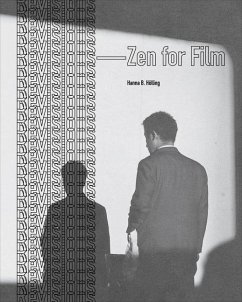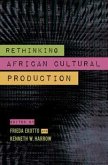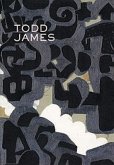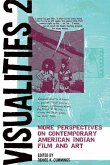How do works of art endure over time despite their material and conceptual alteration? How do decay, technological obsolescence and remediation affect what the artwork is and what it may become? How might the observation of change in artworks teach us something about their nature and behavior? How do changeable artworks induce a rethinking of those museological paradigms that assume fixity and stasis? The intellectual aim of this project is to come up with answers to these questions. "Revisions Zen for Film" which is accompanied by an exhibition at the Bard Graduate Center on display from September 18, 2015 January 10, 2016 focuses on "Zen for Film" (also known as Fluxfilm no.1), one of the most evocative film works created by the Korean-American artist, Nam June Paik in 1962-64. Rather than being a compilation of objects presented for inspection in support of a curatorial argument, this project zooms into the microcosm of a singular artwork in order to unfold some of the inspirations, transitions, remediations, and residues that have occurred in the course of that artwork s existence. It also seeks to examine how the firsthand awareness of materiality enhances visual knowledge. "Revisions Zen for Film" strives to revise standard notions about an artwork that has undergone a rich history of display. The project reveals what often remains undisclosed an artwork that is a complex sum of its transitions rather than a product of the visual analysis and interpretation of that thing as a static entity. The project undermines any assumption that the artwork is unchanging, and hence subject to a single interpretation. "Zen for Film Revisions" aims to explore the significance of the artwork in its constant transitions, proposing a new art historical narrative. By putting "Zen for Film" on display and inviting an interdisciplinary dialogue, it asks precisely what and when the artwork might be. "








